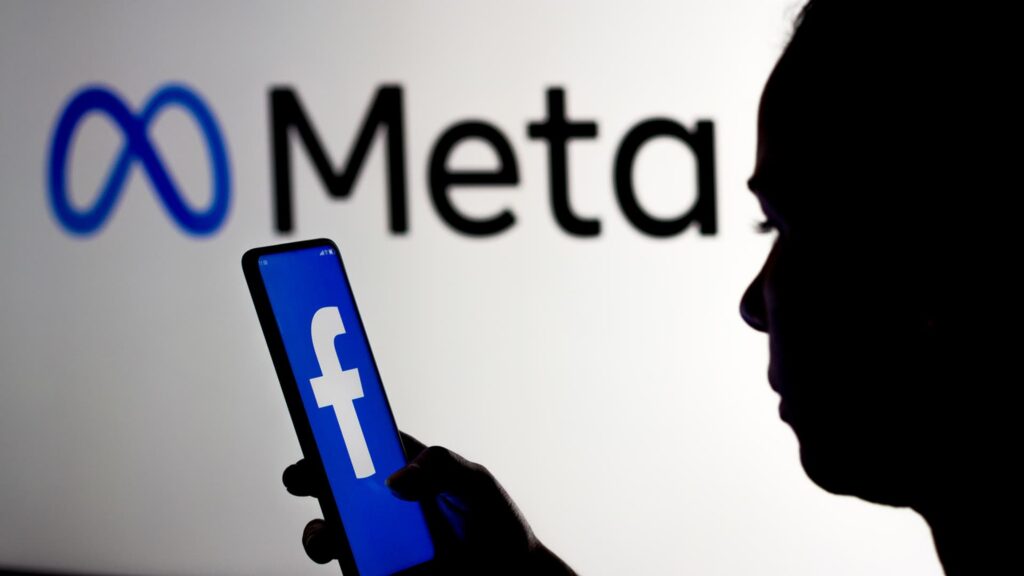Meta Platforms, known by its stock ticker META.O, has proposed a significant reduction in the monthly subscription fees for its Facebook and Instagram platforms in Europe, lowering the cost to 5.99 euros from the initial 9.99 euros.
This announcement was made by a senior executive from Meta on Tuesday, highlighting the company’s effort to address concerns raised by privacy and antitrust regulators.
The decision to slash prices comes amidst growing criticism from privacy advocates and consumer organizations regarding Meta’s subscription service that excludes ads.
Critics argue this model forces users to pay to protect their privacy.
In response to the Digital Markets Act (DMA), aimed at limiting the personalization of ads without user consent—a crucial revenue stream for Meta—the company launched this subscription service in November.
The reduced fee model represents Meta’s attempt to navigate the challenging terrain between EU privacy regulations and the DMA’s requirements.
Tim Lamb, a lawyer for Meta, expressed the company’s eagerness to reach a “steady state” by reducing the subscription fee to 5.99 euros for a single account, with an additional charge of 4 euros for extra accounts, during a European Commission hearing.
Lamb emphasized this as a significant concession, aiming to resolve regulatory uncertainties quickly.
However, Austrian privacy advocate Max Schrems argues that the core issue lies not with the fee amount but with the overall “pay or okay” strategy, which pressures users into consenting to ad personalization.
Schrems points out that even minor fees lead to a massive shift in user consent, undermining the General Data Protection Regulation (GDPR)’s stipulation that consent must be freely given.
He contends that adjusting the fee does not address the legal concerns with this approach.
The reduction in subscription fees is part of Meta’s broader dialogue with regulators, including ongoing discussions with data protection authorities, notably the Irish watchdog.
The company’s initiative also reflects the broader regulatory landscape under the DMA, which mandates free service for users consenting to ad tracking, funded by advertising revenue, while non-compliant companies face the risk of hefty fines.
This development marks a critical moment for Meta as it seeks to align its business practices with European regulatory standards, offering both users and stakeholders a clearer understanding of its compliance efforts.
